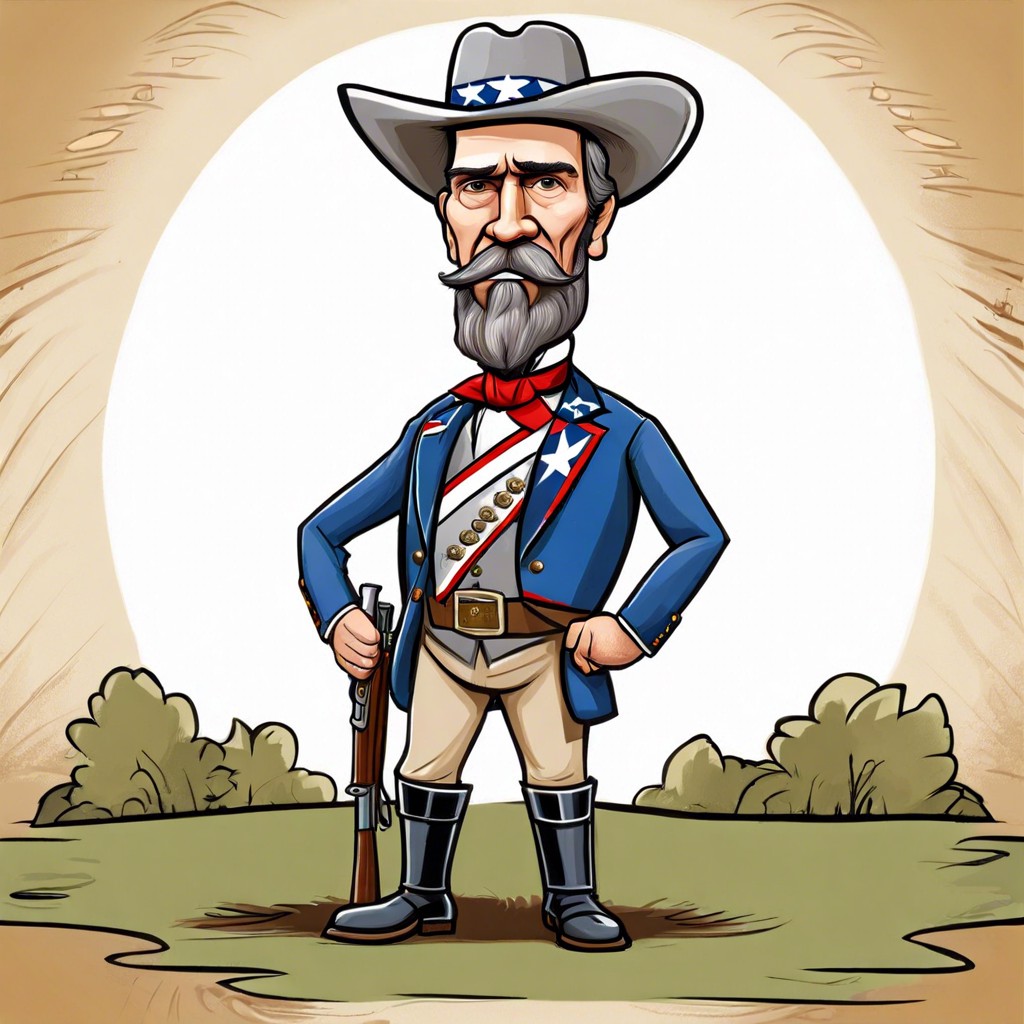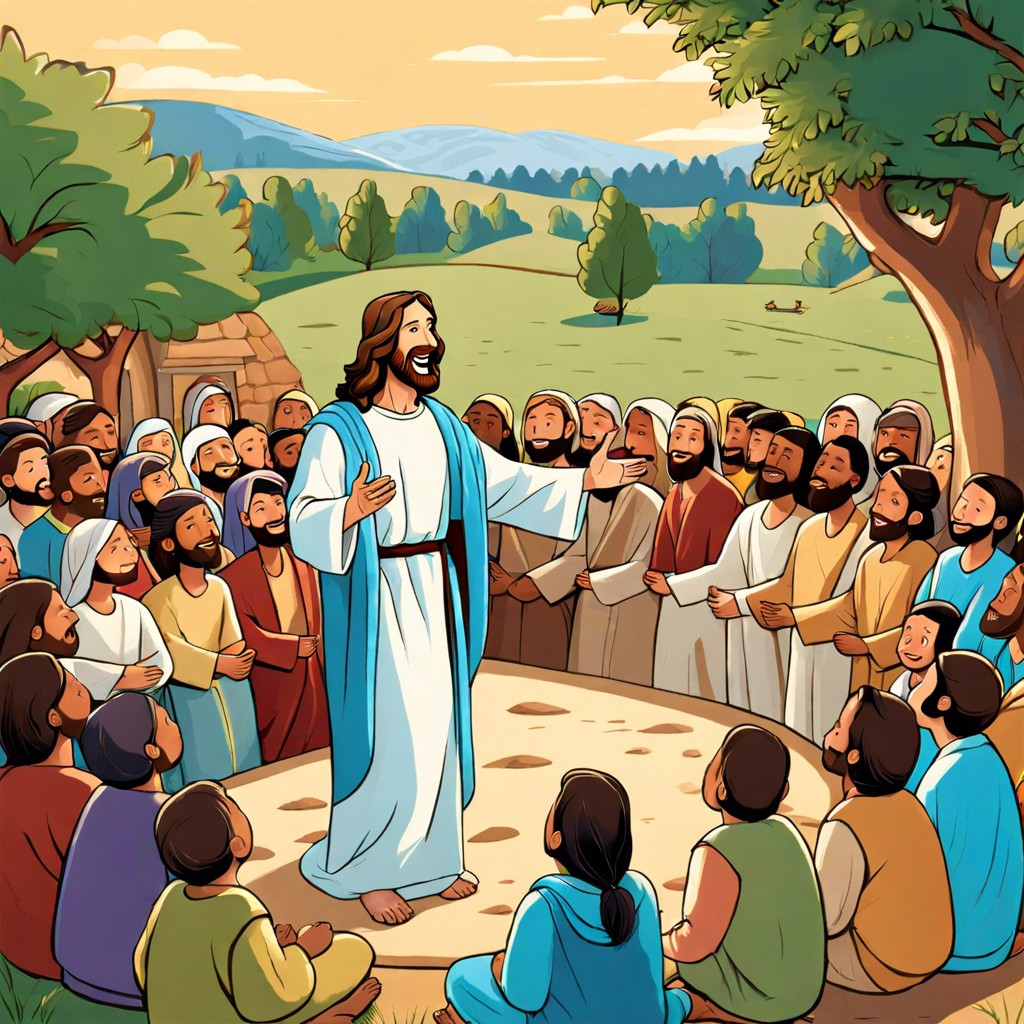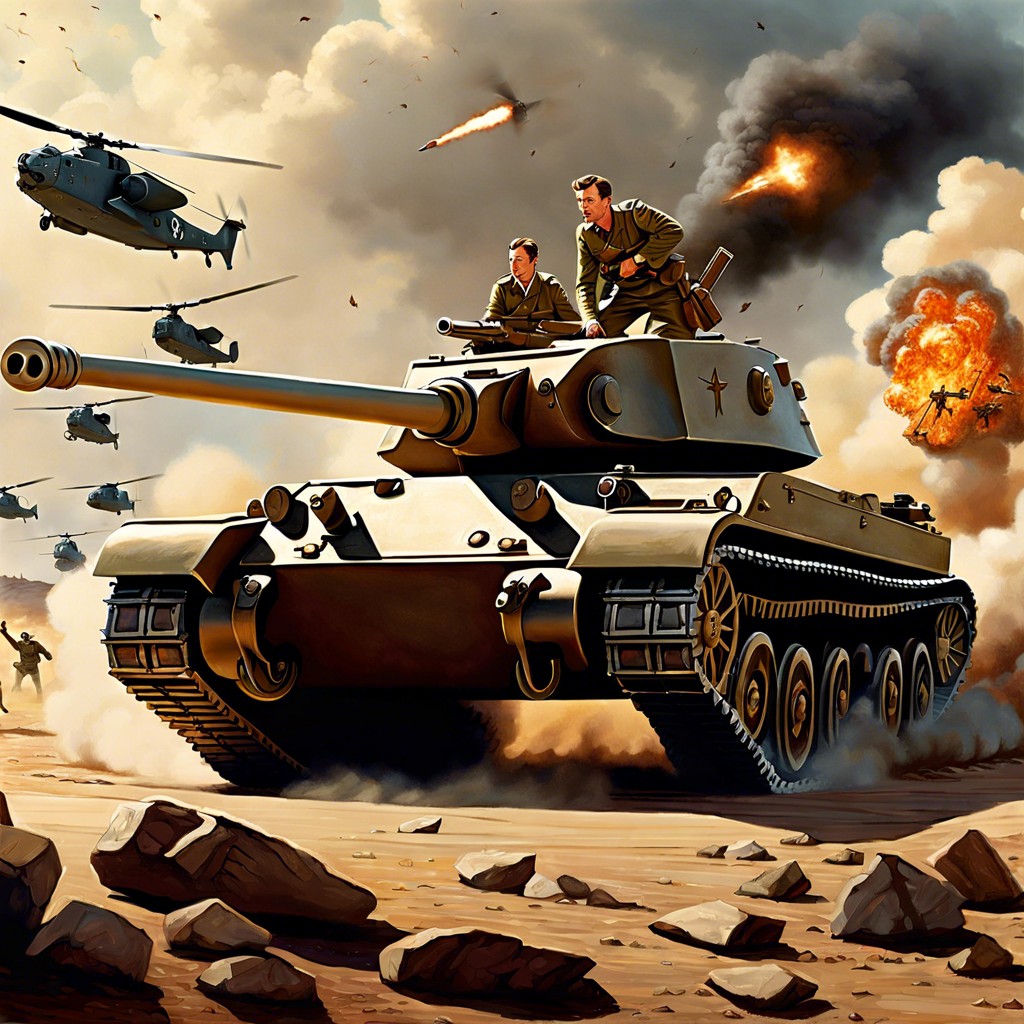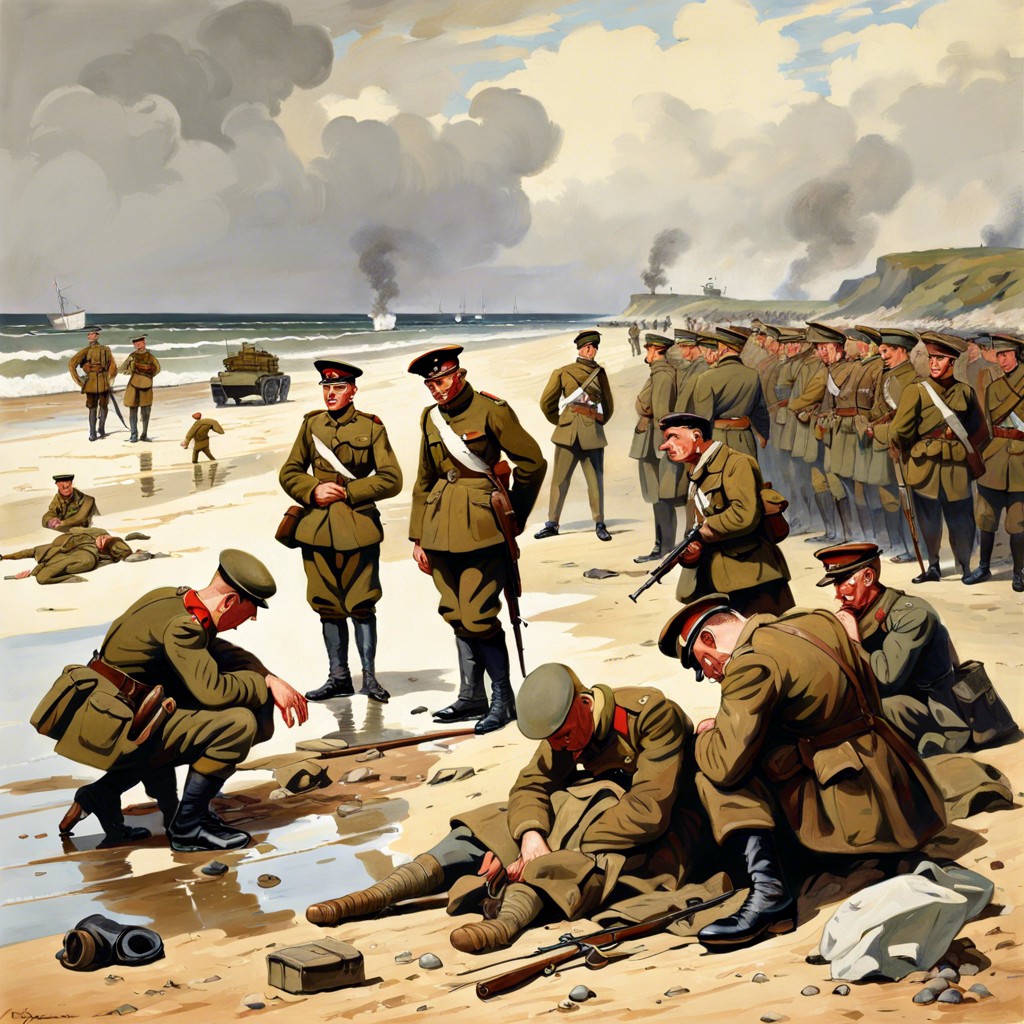Discover how a Confederate victory could have reshaped America’s social and political landscape, resulting in a divided nation with lasting global consequences.
Imagine a world where travel guides to the “United States of Confederate America” exist, and Abraham Lincoln never becomes a legend. You’re pondering a timeline where Dixie didn’t just survive but thrived. Hold onto your stovepipe hats! We’ve got a politically twisted, economically baffling, socially staggering, and geopolitically bonkers roller coaster lined up. Ready to dive into alternate history where the South had its day in the sun? Let’s unwrap this tantalizing “What If” scenario bit by bit!
Key takeaways:
- Two governments: Confederate vs Union, bureaucratic gridlocks expected.
- Economic disparity: South flourishes in agriculture, North in industry.
- Social inequality: Systemic racism persists, limited progress and education.
- Foreign policy: Conflicting ideologies, alliances redefined, global tensions.
- Cultural shifts: Unique identities, nationalist influences, diverging language and symbols.
Political Landscape and Governance

Imagine a world with two separate governments, each claiming legitimate rule over their land. The Confederacy, steeped in states’ rights and a decentralized approach, would starkly contrast the more centralized Union government. Expect bureaucratic gridlocks as states assert their independence relentlessly.
Leadership dynamics would shift dramatically. Jefferson Davis and his successors would navigate a turbulent sea of varying state interests. Meanwhile, the United States government might evolve towards even greater federal power to counterbalance the Confederate approach.
Political parties? A circus! In the Confederacy, states’ rights advocates fighting centralization, whereas in the Union, industralists and reformists could dominate, likely driving wedges between any existing bipartisan accord.
Constitutions, amendments, and legislative antics would reflect a sprawling narrative of newly defined Americanisms. Think of it as political Shakespeare: engaging, chaotic, with new heroes and villains emerging from every chamber.
Economic Implications and Trade Realities
Imagine a world where the South’s cotton industry doesn’t crash, but instead blossoms, thanks to open trade with Britain and other European nations. It’s a bit like a Monopoly game where the Confederate states suddenly own Boardwalk and Park Place. Wealth would concentrate heavily in the agricultural sector, making plantation owners the Jeff Bezos of their day.
The North, still industrialized and more diversified, would remain economically distinct. The Mason-Dixon Line could resemble an economic iron curtain, with the South exporting its raw materials and the North focusing on manufacturing and innovation.
The labor dynamics would be starkly different. Sharecropping might have evolved, but the reliance on an oppressed labor force would perpetuate economic inequality. Automation might lag in the South, as cheap labor stifles the incentive for technological advancement.
Let’s not forget tariffs and trade wars. The South would likely keep low tariffs to keep King Cotton’s crown shiny, while the North, protective of its industries, might drive them up. This economic tug-of-war would make NAFTA negotiations look like a Sunday picnic.
Lastly, infrastructure: Imagine the South full of plantations but lacking the railroads crisscrossing the North. Economic disparity would result in vastly different living standards, creating a civil divide that’s less figurative and more literal.
Social Structure and Racial Dynamics
Slavery would have persisted, deeply embedding systemic inequality. The divide between newly industrialized North and agrarian South would widen. Social hierarchies could entrench, limiting upward mobility. Freed Black individuals might face harsher racism without federal protections.
Education would be starkly unequal, blocking advancement opportunities for people of color. Southern society might cling to antiquated views, opposing progressive movements. Resistance to change could spark tensions and uprisings.
Living under such a structure would shape mindsets, making the “Lost Cause” a misguided, mainstream ideology. Imagine a world where social movements are less impactful, where Martin Luther King Jr.’s dream remains deferred.
Geopolitical Relations and Foreign Policy
Imagine explaining to your kids why they need two passports: one for the Confederacy and one for the Union. International relations would be like a family reunion gone awry—awkward and tense. The Confederacy, with its reliance on agriculture, would likely seek alliances with nations valuing raw materials, like Britain and France. Picture cotton diplomacy gone bonkers, as both superpowers jostle for Southern favor.
Meanwhile, the Union might cozy up to industrial giants like Germany or Japan. Trade wars? Oh, plenty. Picture tariffs as high as your Aunt Martha’s apple pie. Cross-border travel would be a diplomatic dance resembling a never-ending game of Twister.
Plus, contrasting ideologies on slavery? Imagine the United Nations more divided than a pizza ad office debating pineapple as a topping. The globe might see two distinct American states vying for influence, each asserting their version of “freedom.” And who wouldn’t want a new Cold War to watch every night on TV?
Expect Europe to pick sides faster than kids in a dodgeball game, all while trying to reap benefits from North American discord. A Confederate victory would redefine Western alliances and global diplomacy, making Thanksgiving dinners even more complicated—if that’s even possible.
Cultural Shifts and National Identity
In this alternate reality, cultural shifts would likely be wild roller coasters of bizarre juxtapositions. Imagine parades celebrating Southern independence with banjos blaring in one part of the former United States while the North crafts its own unique identity. It’s as if Uncle Sam suffers from a split personality disorder.
Southern nationalism would shape literature, music, and arts. Think fewer jazz clubs sprouting in New Orleans and more country ballads about state’s rights and liberty. Meanwhile, Northern influence might spark an even faster pace of industrial innovation, painting a curious tale of two burgeoning cultures evolving in parallel, yet occasionally clashing like any good sibling rivalry.
Don’t forget the symbolism. Confederate flags waving ceremoniously, replacing stars and stripes in many regions, would infuse everyday life with a different cultural narrative. Statues of leaders? Double the fun, or double the headaches, depending on your viewpoint.
Language and dialects could diverge even more, making family reunions a delightful mess of miscommunication (“Y’all” versus “You guys” taking on epic proportions). Each region’s identity would be steeped in its own set of heroes, myths, and legends, creating a North-South dichotomy that’s both charmingly distinct and chaotically complex.




